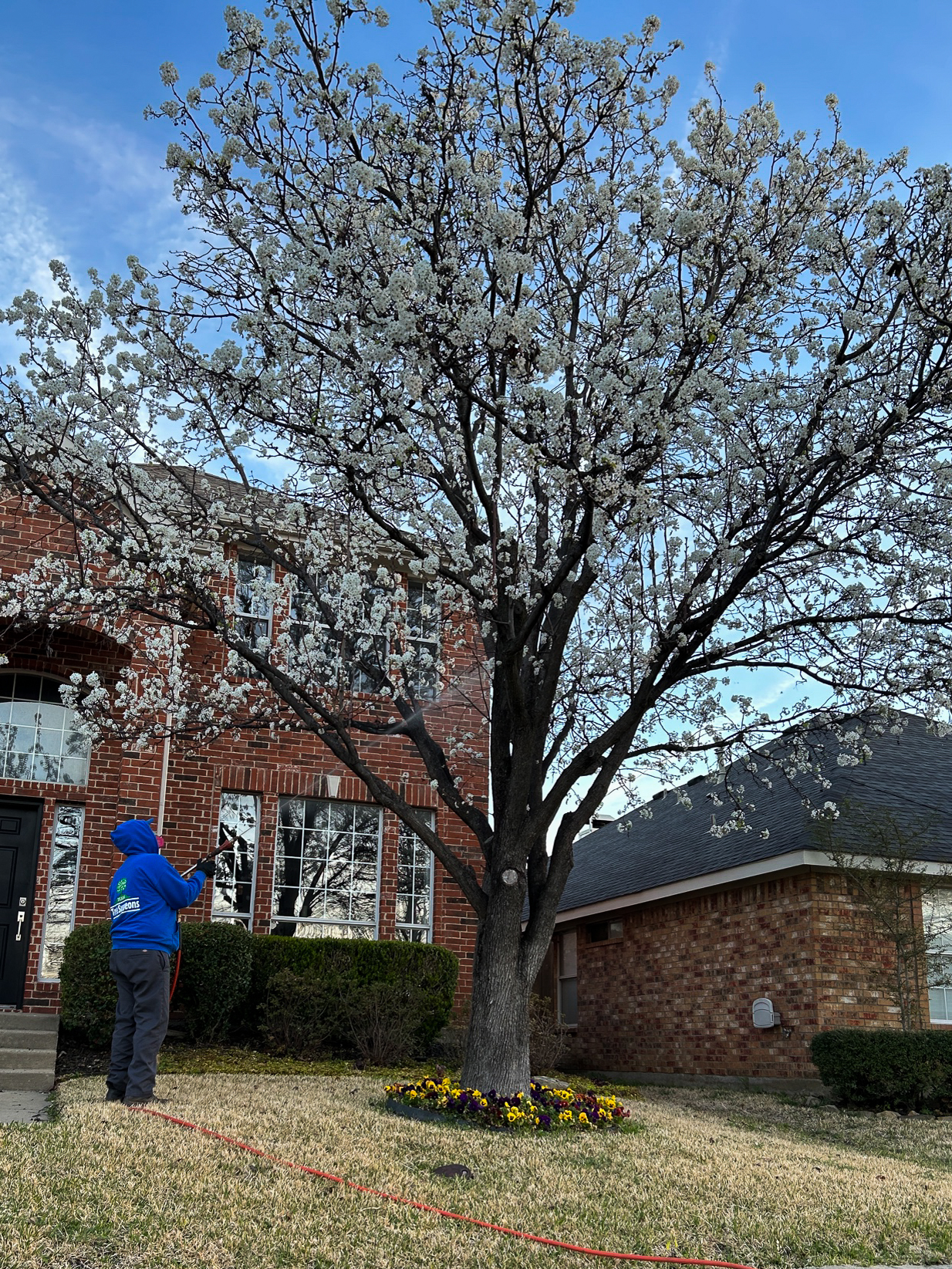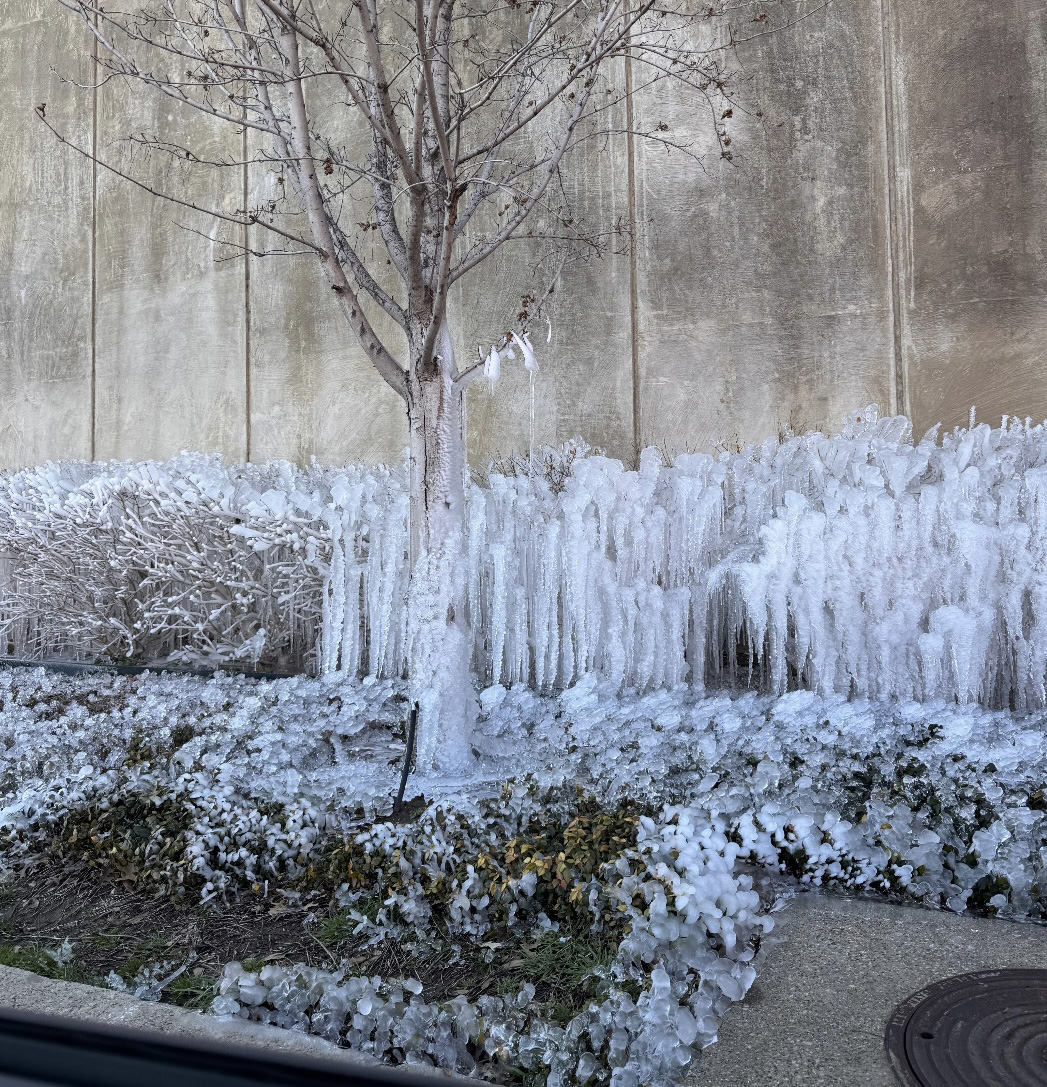Phytophthora | Root Rot

There are two types of Phytophthora with the the main difference being where they live. This blog focuses specifically on the type of Phytophthora that lives in soil/roots.
The other type of Phytophthora lives in the phloem, which causes sap to leak from the tree and will be covered in a separate blog post.
Phytophthora Red Flags
- Tree dying from the top down
- Brittle leaves
- Sprinklers spraying on tree trunk
- Improper watering techniques
- Poor drainage
- Root disturbance


What is Phytophthora?
Phytophthora is a plant-damaging water mold (oomycetes). Trees with Phytophthora have root rot that invites the pathogen to wreak havoc on the tree’s ability to uptake nutrients.
How a Texas Tree Surgeons ISA Certified Arborist Diagnosis Phytophthora
A Certified Arborist is going to inquire about the history of water and root disturbance in the location of where the tree is planted to determine if Phytophthora is what is causing damage. Knowing the tree’s history and visual inspection is not enough to diagnose, a fungal sample needs to be submitted for testing to verify Phytophthora.
How Texas Tree Surgeons Treats / Manages Phytophthora

We recommend fixing drainage since no treatment will help if the site isn’t managed. Once the site has been addressed and if there is a positive test result from a lab, and if infection has been detected two years in a row, our Tree Health Care technicians administer a fungal management treatment under direction from an ISA Certified Arborist. Depending on the species of the tree or if fungal treatment isn’t an option we recommend starting a Tree Health Care plan with basic or holistic fertilizer to maximize the potential recovery.
Fungal treatments begin in the Spring with three applications, 14-21 days apart.
What can Homeowners do to Help Their Trees with Phytophthora?
The first and best treatment is site management. Phytophthora is soil born and soil activated. What that means is we see it with excess water. There is a history of over watering the tree, or the tree is in raised planters, or the area doesn’t drain well. When homeowners are watering their trees it will greatly improve the trees health if there is a full dry out of the soil between waterings. Proper water techniques will also improve tree health. This means not relying on sprinklers that can possibly over wet the trunk of the tree.
What will Happen to my Tree with Phytophthora?
Depending on how soon the tree is diagnosed and intervention is implemented will determine the outcome. If irrigation and drainage is resolved in combination with fungal treatment the tree will improve. If there is excessive root disturbance or if the tree is in the later stage of the disease they are unlikely to regain health and will die.
What Species are Texas Tree Surgeons Arborists Seeing this Effect?
- Taylor Junipers
- Arborvitae
- Red Oaks
- Hollies

Root rot is preventable and reversible if you take the steps to remediate the site.
Treatment is not the best option because Phytophthora will go away if you can control environmental stress.
Call today to schedule a consultation for an Arborist Assessment.
Related Blogs
Similar blogs related to this topic


Fireblight
Fireblight is a common yet destructive bacterial disease affecting various species of fruit trees. It’s essential to identify it early and take action to prevent its spread. In North Texas we really only see this…
Read more

Help Your Trees Recover After a Freeze
If you missed the reminder about doing a deep watering before the freeze you may be concerned about your tree’s health. Follow these steps to ensure a healthy recovery for your trees after a freeze.…
Read more

Top 10 Things We'd Tell You as an Arborist if We Weren't Afraid of Hurting Your Feelings
This is a list of tree care worst practices that you, or someone you know may be guilty of. Read the following list at your own risk. You’ve been warned, feelings may get hurt. 1.…
Read more
